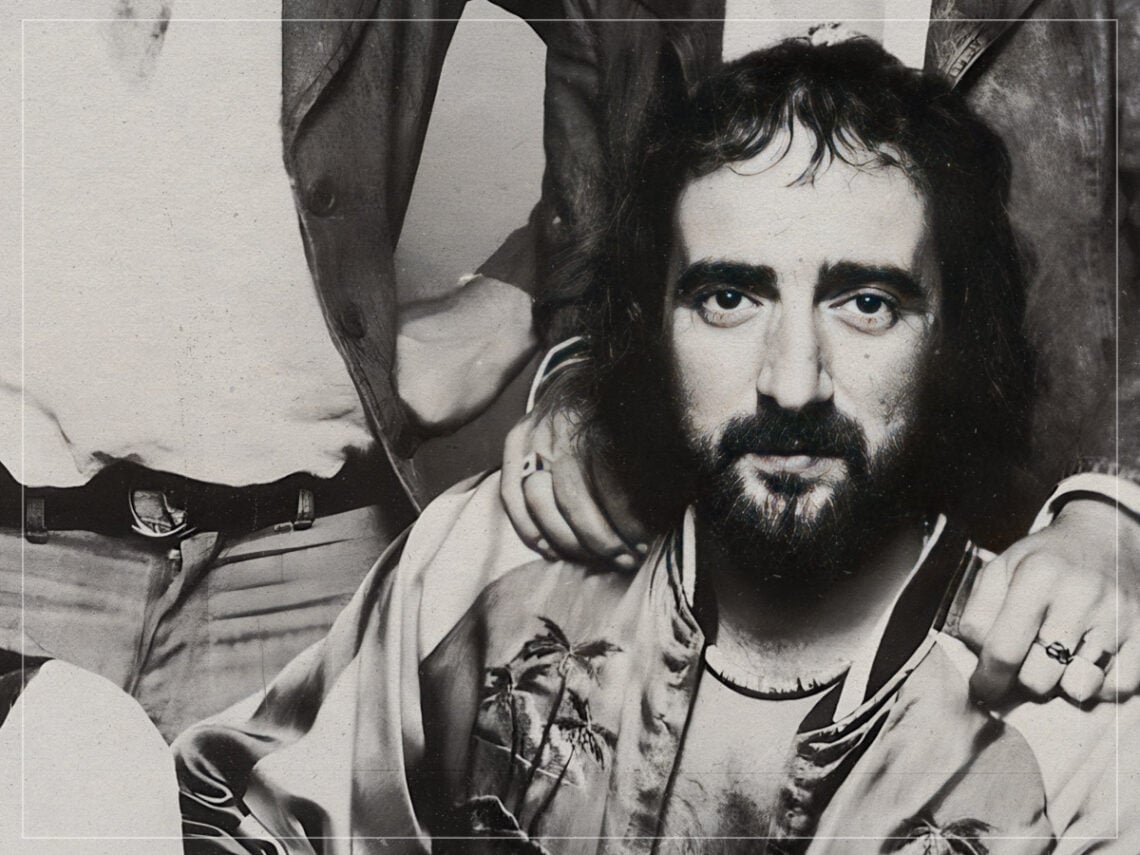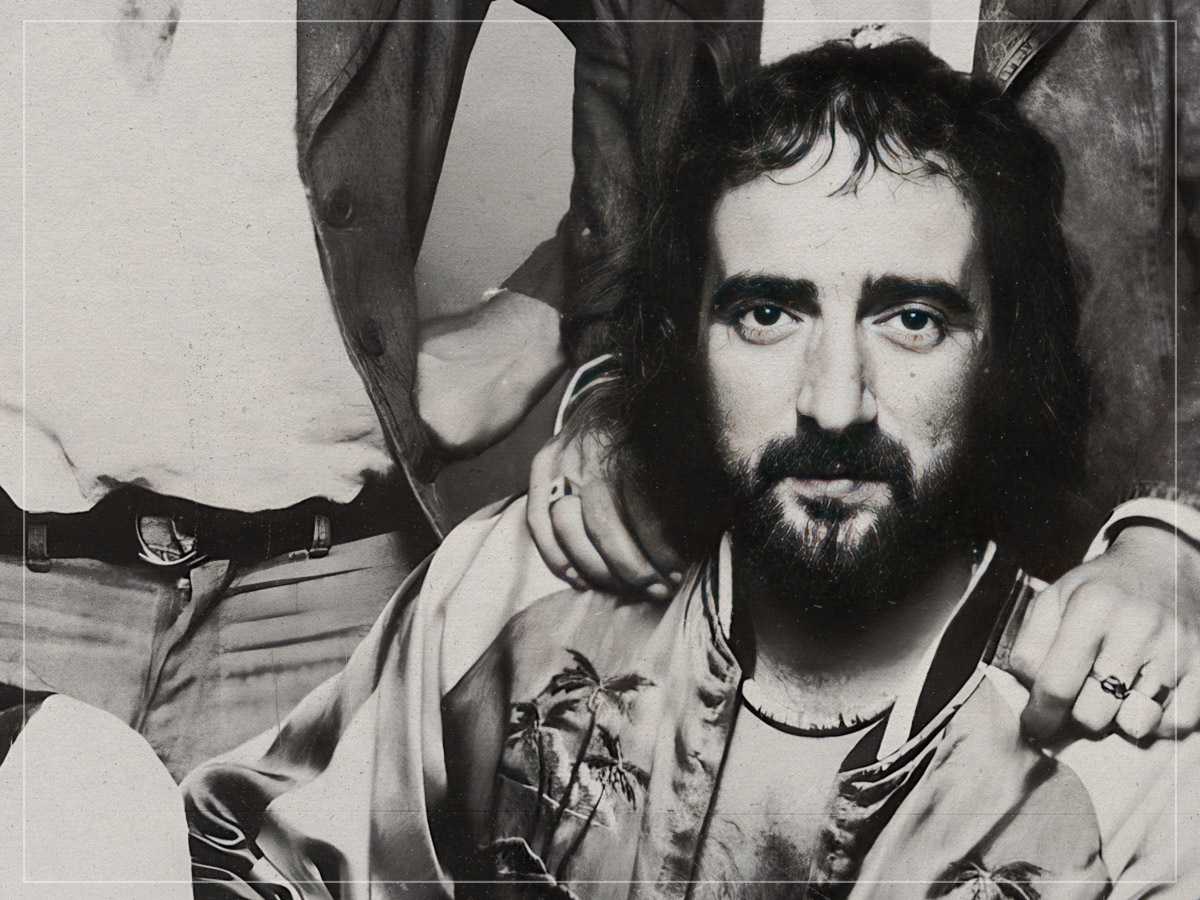
(Credits: Far Out / Fleetwood Mac)
When it comes to success, Mick Fleetwood has absolutely no right to complain about how the trajectory of his career ended up. As the co-founder of Fleetwood Mac and one of only two people to have remained a part of the band throughout, alongside John McVie, the drummer has had an immeasurable amount of success throughout his life, selling records worldwide and still being a notable figure to this day. There’s literally nothing wrong with how things panned out, no matter which way you look at things.
The band hit their absolute peak in the late 1970s with the success of essential records like their self-titled 1975 album, Rumours and Tusk, and there’s absolutely no denying that they’d worked incredibly hard to get to that point. Before the release of Fleetwood Mac, the band had been in existence for eight years already, and had nine other studio albums to their name, which while reasonably acclaimed, never quite managed to establish a sense of consistency.
It was as a result of hardships that they’d struggled, and the ever-changing dynamics of the group with members coming and going from the Fleetwood Mac carousel didn’t help them in their pursuit of success. Their glory years weren’t without drama either, with plenty of bust-ups between later lineups, complex and overlapping love triangles leading to friction between members, and a significant amount of substance abuse creating the uneasy atmosphere around some of their classic albums.
Prior to their years of notoriety as a soft rock and pop powerhouse, they’d been significantly more blues-oriented, with their early years as a group being steered in this direction by the esteemed guitarist Peter Green. While he may not have been recognised on quite the same level as Eric Clapton or Jeff Beck around the world, Green’s talents were certainly not to be sniffed at, and he was an exceptional force within the band’s early work.
However, he departed the band in 1970, with his final recording with the band being their 1969 album Then Play On, which is regarded as one of their finest of the early period. The album was also the first with fellow guitarist Danny Kirwan, essentially representing a changing of the guard taking place within the ranks of the band. Kirwan would also ultimately leave down the line, but his departure wasn’t as hurtful as Green’s had been, as far as Mick Fleetwood was concerned anyway.
Had he remained with the group, Fleetwood reckons they’d have gone on to become a serious force in the world of blues rock. “I think it would have been really profound,” he stated in an interview with Mojo. “I have no doubt what was missed. I think we would have had a place sort of like Led Zeppelin in America. The creativity was on a par with where they took themselves. That’s what I think would have happened. I think we would have had a really, really elastic musical trip. Experimenting with sounds and styles and orchestras.”
Fleetwood isn’t wrong, but that’s also quite dismissive of the direction that they did eventually take as a group with Lindsey Buckingham, Stevie Nicks and Christine McVie in their lineup, and had Green never left, they may never have experienced the worldwide notoriety in this regard. Yes, they would have made ambitious records to match the feats of Led Zeppelin’s Physical Graffiti, but would Peter Green have ever written a song like ‘Dreams’? I somehow think not.
Related Topics
Subscribe To The Far Out Newsletter
